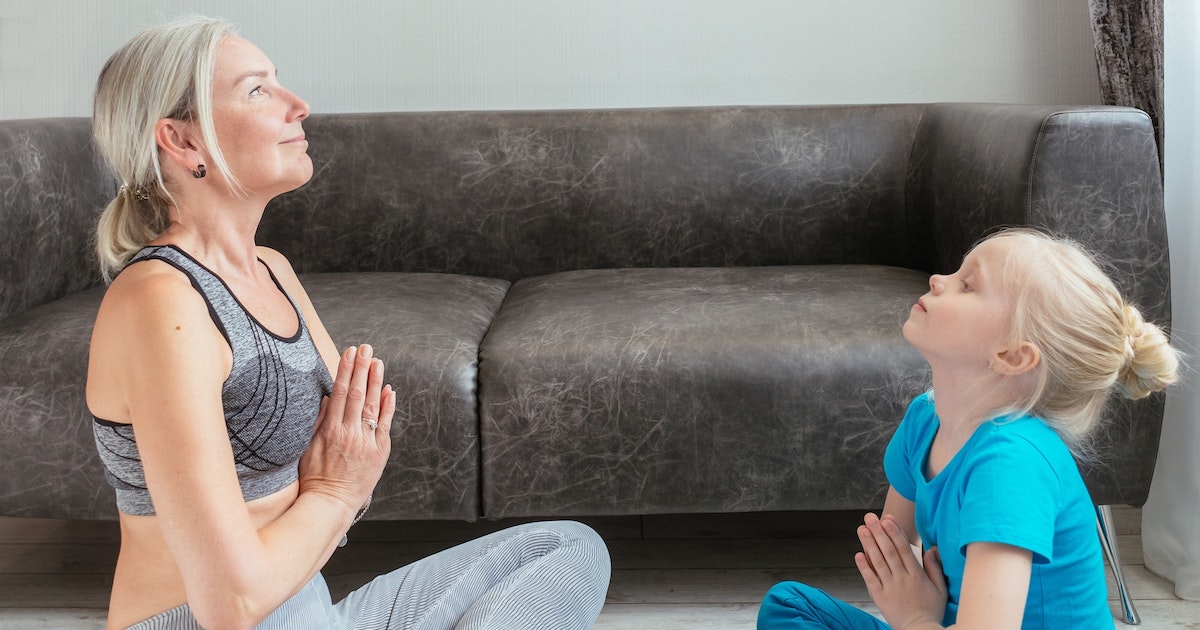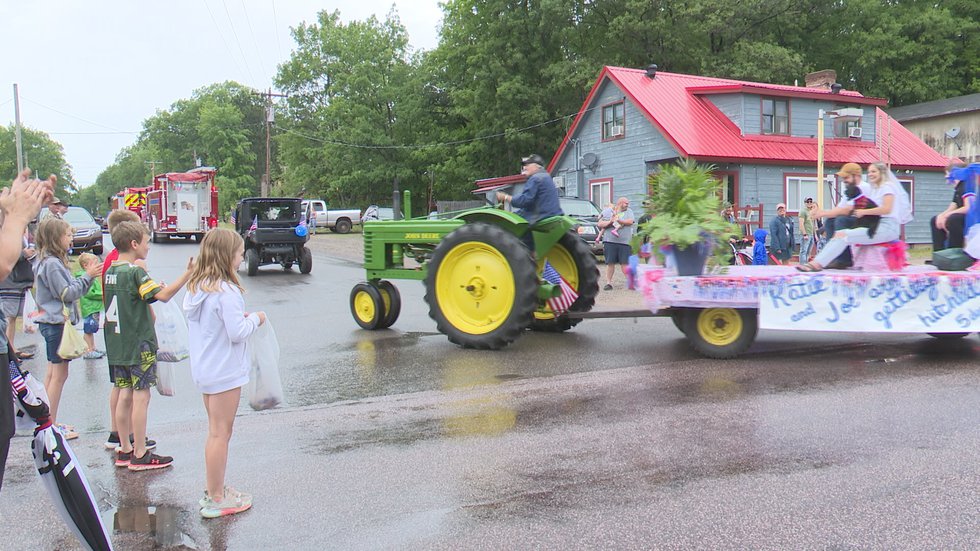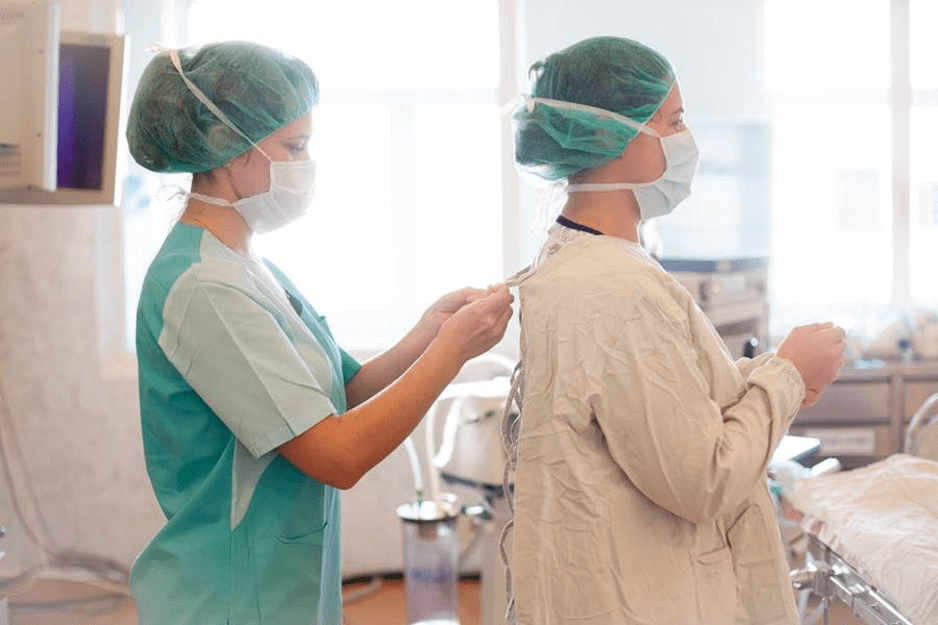[ad_1]
A researcher from the University of New South Wales Medicine and Health has developed a digital health programme to help childhood cancer survivors get physically active.
WHAT IT DOES
Dr Lauren Ha, exercise physiologist and a post-doctoral research fellow in paediatrics at the School of Clinical Medicine of UNSW Medicine and Health, modified a version of iEngage, a health education programme for school-aged children, to create the home-based iBounce programme.
It features 10 self-paced modules with topics, such as muscular strength, aerobic fitness and flexibility, delivered through short demonstration videos.
Supported by The Kids’ Cancer Project, the iBounce programme had been tested through a pilot involving 30 participants from the Sydney Children’s Hospital over a 12-week period. By the end of the programme, participants had shown “significant” improvements in their aerobic fitness, according to a study published in JMIR Cancer.
Following this pilot, iBounce will later be taken to a national trial. An implementation strategy is also being developed to support the use of iBounce in clinical practice.
WHY IT MATTERS
Dr Ha noted that young cancer survivors experience “many barriers” when it comes to physical activity. “It’s a significant issue, as this population is at high risk of developing health problems, some of which they won’t experience until they’re in their 30s or 40s,” she added.
As poor health behaviours can exacerbate the risk of late complications, like cardiovascular disease, metabolic syndrome, and obesity, it is important for cancer survivors to engage in healthy behaviours, particularly physical activity, to prevent or minimise the impact of late cancer effects.
However, around 85% of young survivors do not exercise for at least an hour per day. “Many survivors don’t exercise enough, have poor perceptions of their activity levels, and have below-average fitness levels,” Dr Ha claimed.
Often, childhood cancer survivors who have been through surgery, chemotherapy or radiotherapy lose the motivation to engage in physical activities.
This gap in physical health calls for distance-delivered technologies to address physical inactivity and low fitness levels among young cancer survivors, Dr Ha said. “If survivors improve their fitness levels, that can go a long way to help them with their recovery, reduce their risk of other chronic illnesses, and relieve pressure on the health system,” she maintained.
THE LARGER TREND
In Australia, around 750 children are diagnosed with cancer each year. To support thousands of young cancer patients in their journey, the Australian government has launched a digital cancer hub in partnership with leading Australian children’s cancer support groups. It will provide online counselling to young cancer patients under the age of 12 and their parents.
[ad_2]
Source link



